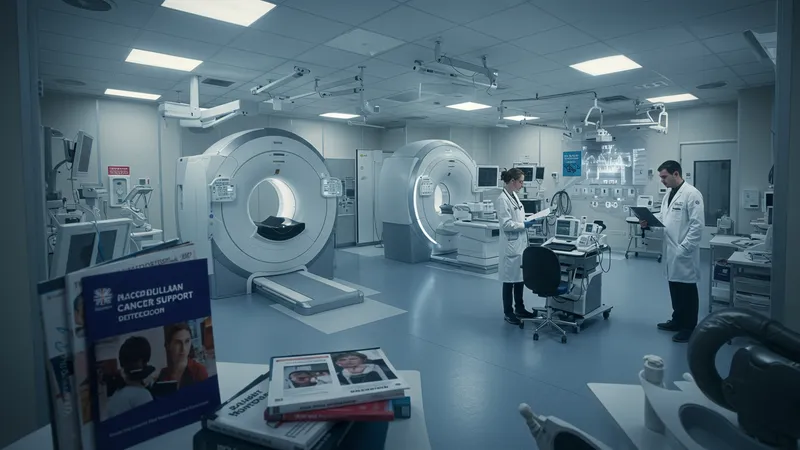
Understanding Cancer: A Complete Guide
Diagnosis and Early Detection: Procedures and Innovations
The process of diagnosing cancer in the UK relies on a combination of advanced medical imaging, laboratory tests, and tissue biopsies. NHS Cancer Services offer standardized pathways to speed up referrals from general practitioners to specialist cancer centers, making early diagnosis more achievable. Imaging technologies such as MRI and CT scans are widely used, alongside mammograms for breast cancer and colonoscopies for bowel cancer. This multilayered approach is designed to catch cases at the earliest possible stage.

Patient access to diagnostic tests is supported by both NHS and nonprofit organizations. Cancer Research UK has invested in pilot projects to introduce more precise molecular diagnostic tools that can identify genetic mutations, offering patients greater understanding of their specific cancer type and guiding treatment decisions. Macmillan Cancer Support assists patients through the diagnostic journey by providing clear, patient-friendly information about each step, reducing confusion and anxiety.
The integration of digital health records and AI-driven tools is also shaping early detection practices. The UK Government and NHS England have rolled out initiatives to use artificial intelligence in analyzing imaging data, potentially spotting abnormalities faster than traditional methods. This innovation is expected to further reduce the average time between initial symptom presentation and confirmed diagnosis, a critical factor in boosting survival rates.
For certain cancers, such as cervical and colorectal, population-wide screening programs have resulted in measurable decreases in deaths over the last two decades. Screening reminders via postal mail and digital booking options have increased participation, particularly in underserved areas. Ongoing trials for blood-based screening tests aim to simplify the detection process, potentially identifying cancers even before symptoms manifest.